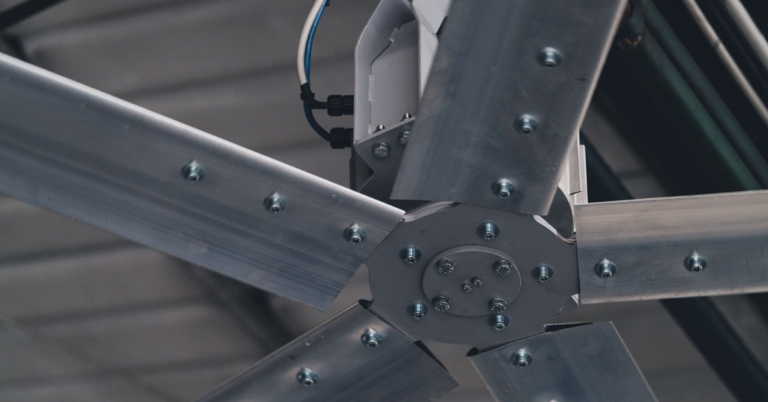Innovations in Sustainable Brake Systems for Cars
sky247.in login, 11x game login, 99exch:It’s no secret that car manufacturers are constantly looking for ways to make vehicles more sustainable and environmentally friendly. One area that has seen significant advancements in recent years is braking systems. Innovations in brake technology not only improve performance but also help reduce the environmental impact of driving. In this article, we’ll explore some of the latest developments in sustainable brake systems for cars.
Regenerative Braking
Regenerative braking is a technology that has gained popularity in hybrid and electric vehicles. It allows the car to recover kinetic energy during braking and convert it into electrical energy to recharge the battery. This not only improves fuel efficiency but also reduces wear and tear on the brake pads, resulting in longer-lasting brakes.
Lightweight Materials
Manufacturers are increasingly using lightweight materials such as carbon ceramic composites in brake systems. These materials are not only lighter than traditional cast iron but also offer better heat dissipation and improved performance. By reducing the overall weight of the brake system, cars can achieve better fuel efficiency and lower emissions.
Electronic Brake Force Distribution
Electronic brake force distribution (EBD) is a technology that allows for more precise control of brake force on individual wheels. This helps to optimize braking performance and reduce the risk of wheel lockup. By distributing braking force more efficiently, EBD systems can improve safety and reduce wear on brake components.
Brake-by-Wire Systems
Brake-by-wire systems are another innovation in sustainable brake technology. By replacing mechanical linkages with electronic controls, these systems offer better control and more precise modulation of the brakes. This not only improves safety but also allows for regenerative braking and integration with other vehicle systems such as stability control.
Ceramic Brake Pads
Ceramic brake pads are a more environmentally friendly alternative to traditional semi-metallic brake pads. They produce less dust and noise, leading to a cleaner and quieter braking experience. Additionally, ceramic brake pads are more durable and have a longer lifespan, reducing the need for frequent replacements and further reducing waste.
Automated Emergency Braking
Automated emergency braking systems use sensors and cameras to detect potential collisions and automatically apply the brakes if necessary. By reacting faster than human drivers, these systems can help prevent accidents and reduce the severity of impacts. This not only improves safety but also reduces the wear on brake components caused by sudden stops.
FAQs
Q: Are sustainable brake systems more expensive than traditional brake systems?
A: While sustainable brake systems may have a higher upfront cost, they often provide long-term savings through improved fuel efficiency, reduced maintenance, and longer lifespan of components.
Q: Do sustainable brake systems require special maintenance?
A: Sustainable brake systems may require different maintenance procedures than traditional systems, such as regular inspection of electronic components or specific cleaning methods for ceramic brake pads. It’s important to consult with your manufacturer or mechanic for proper maintenance guidelines.
Q: Are sustainable brake systems suitable for all types of vehicles?
A: Sustainable brake systems can be adapted for various types of vehicles, including hybrid, electric, and conventional cars. Manufacturers are constantly developing new technologies to improve braking performance and reduce environmental impact across different vehicle platforms.
In conclusion, innovations in sustainable brake systems for cars are essential for reducing the environmental impact of driving while improving performance and safety. By incorporating technologies such as regenerative braking, lightweight materials, and electronic controls, manufacturers are leading the way towards a more sustainable future for automotive transportation. Whether you drive a hybrid, electric, or conventional vehicle, sustainable brake systems offer benefits for both the planet and your driving experience.







